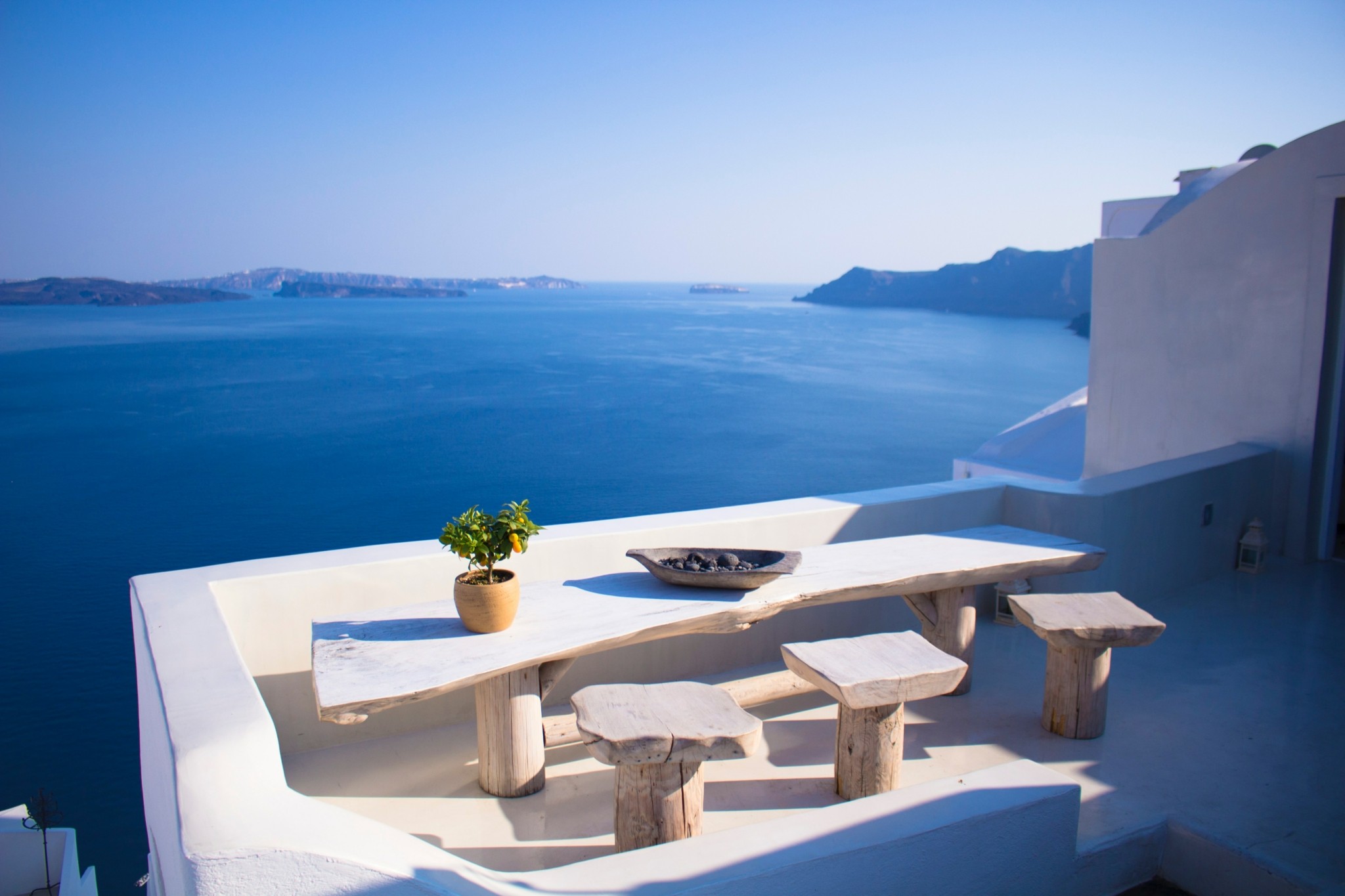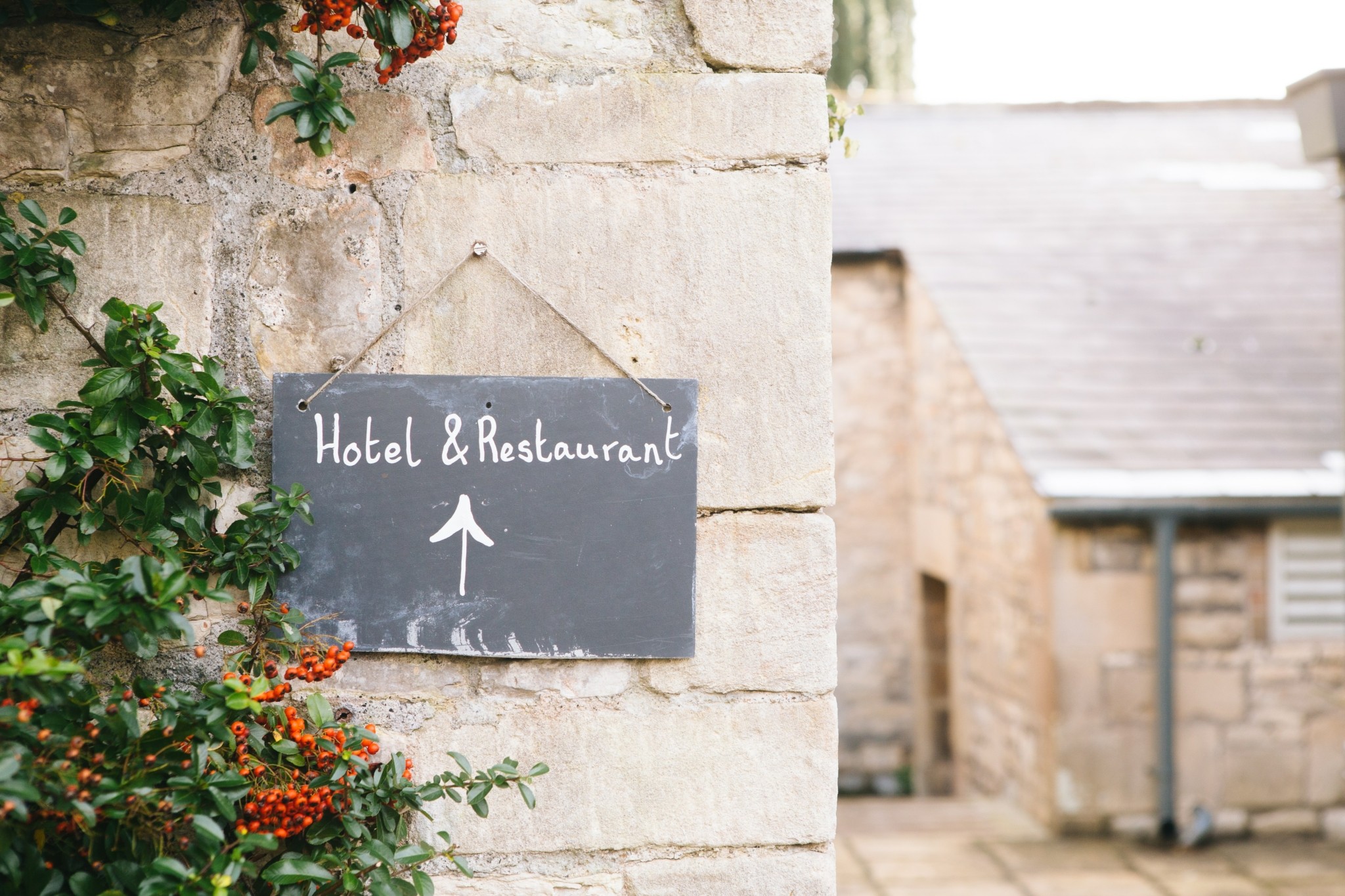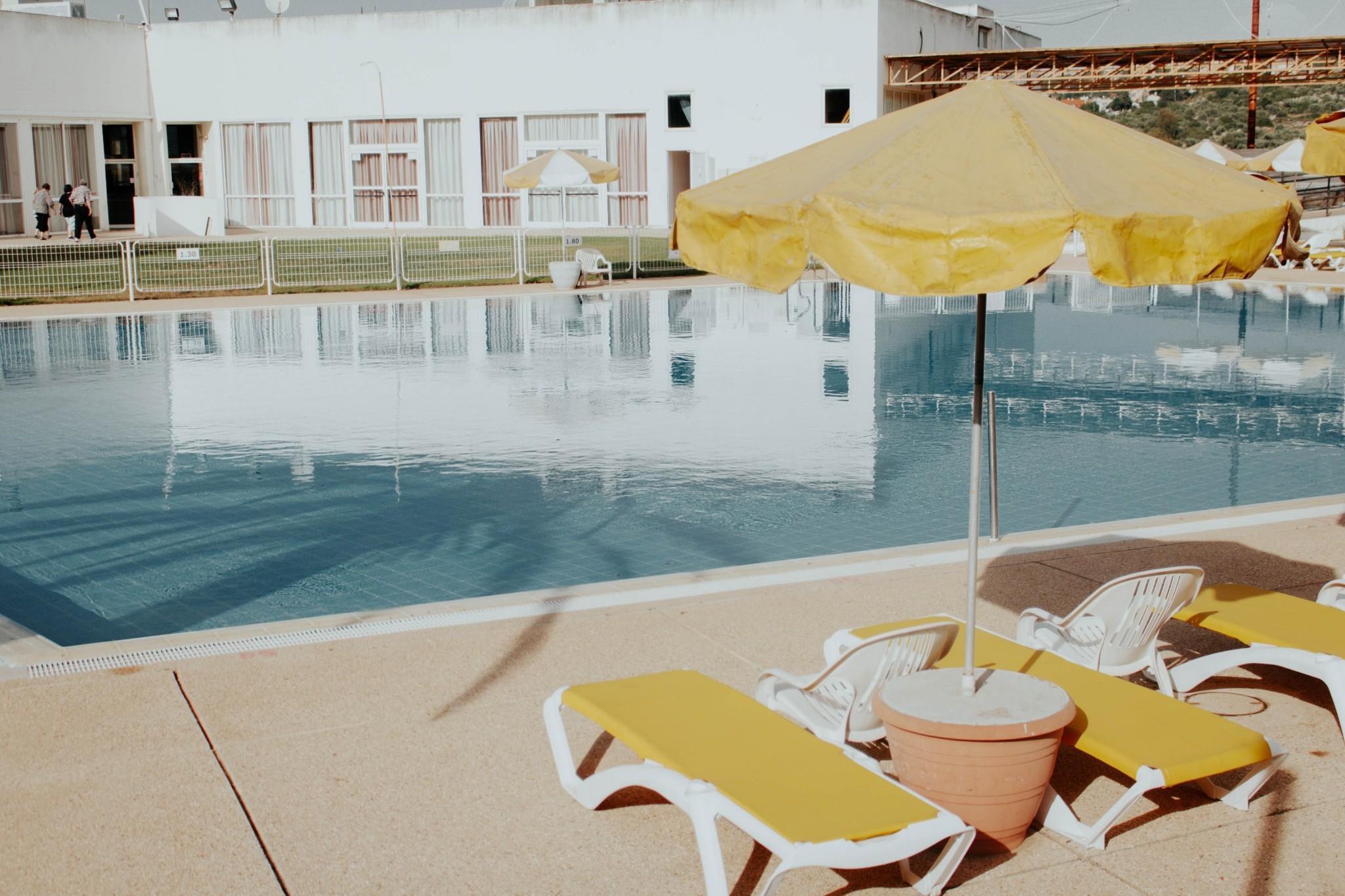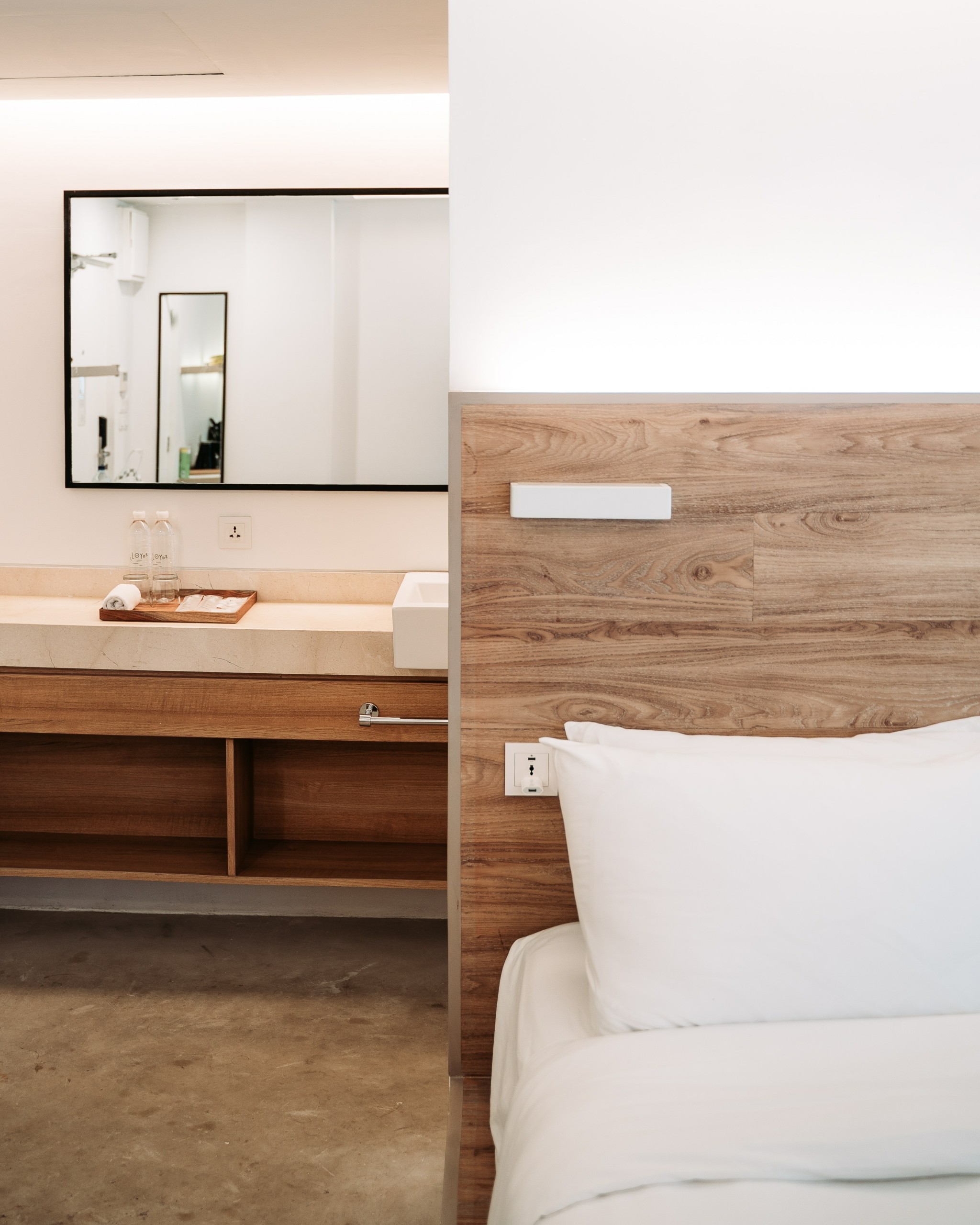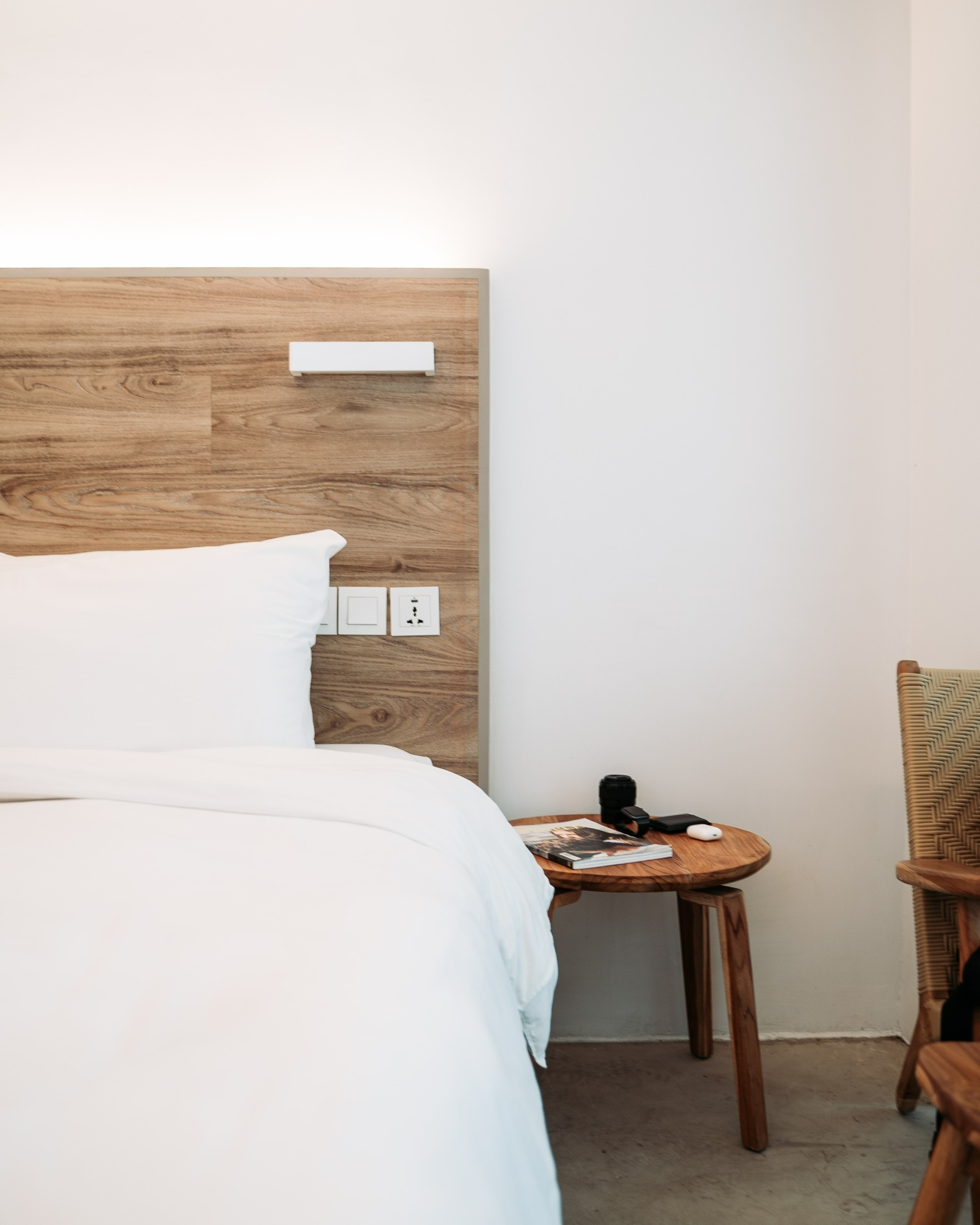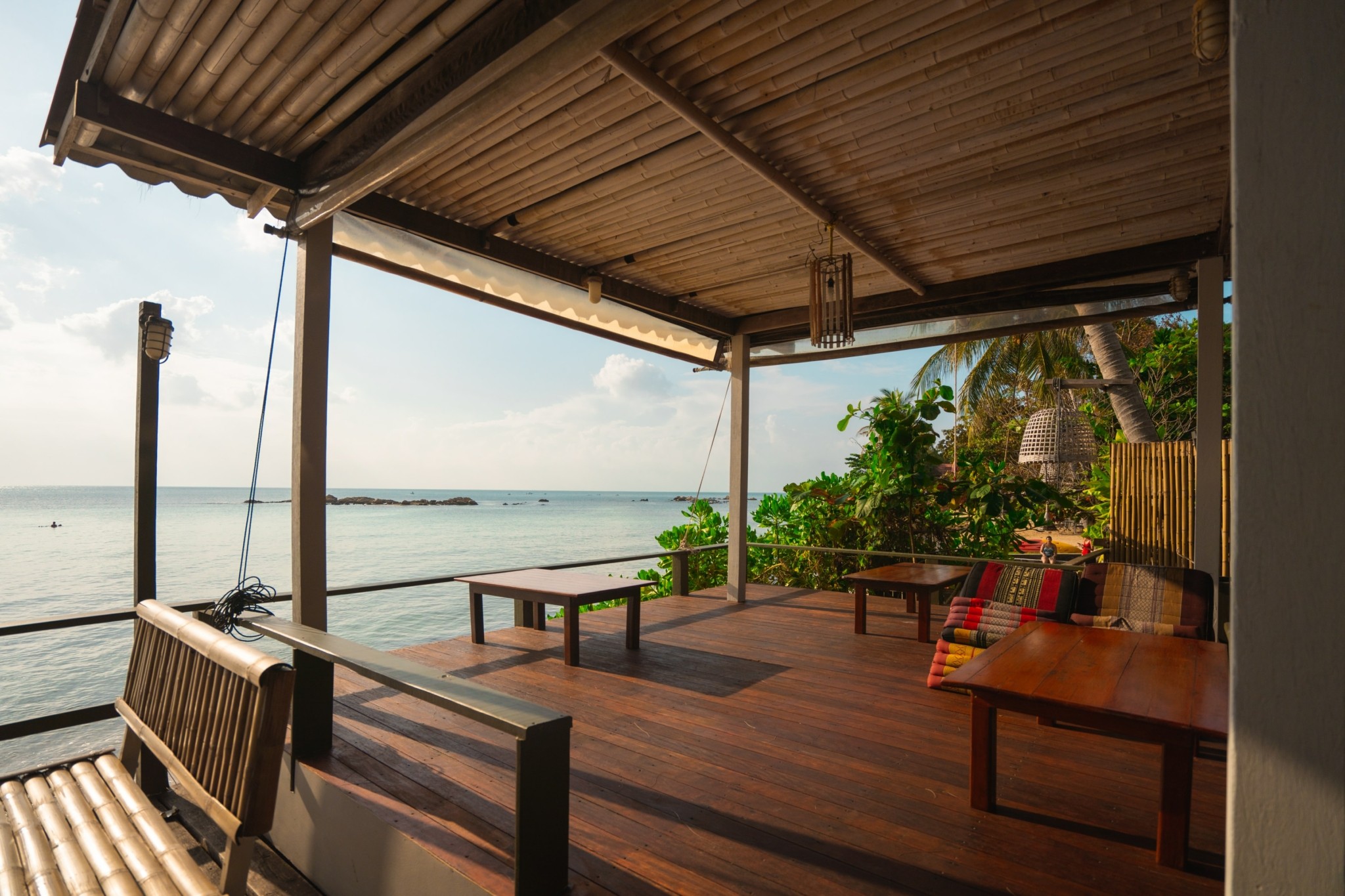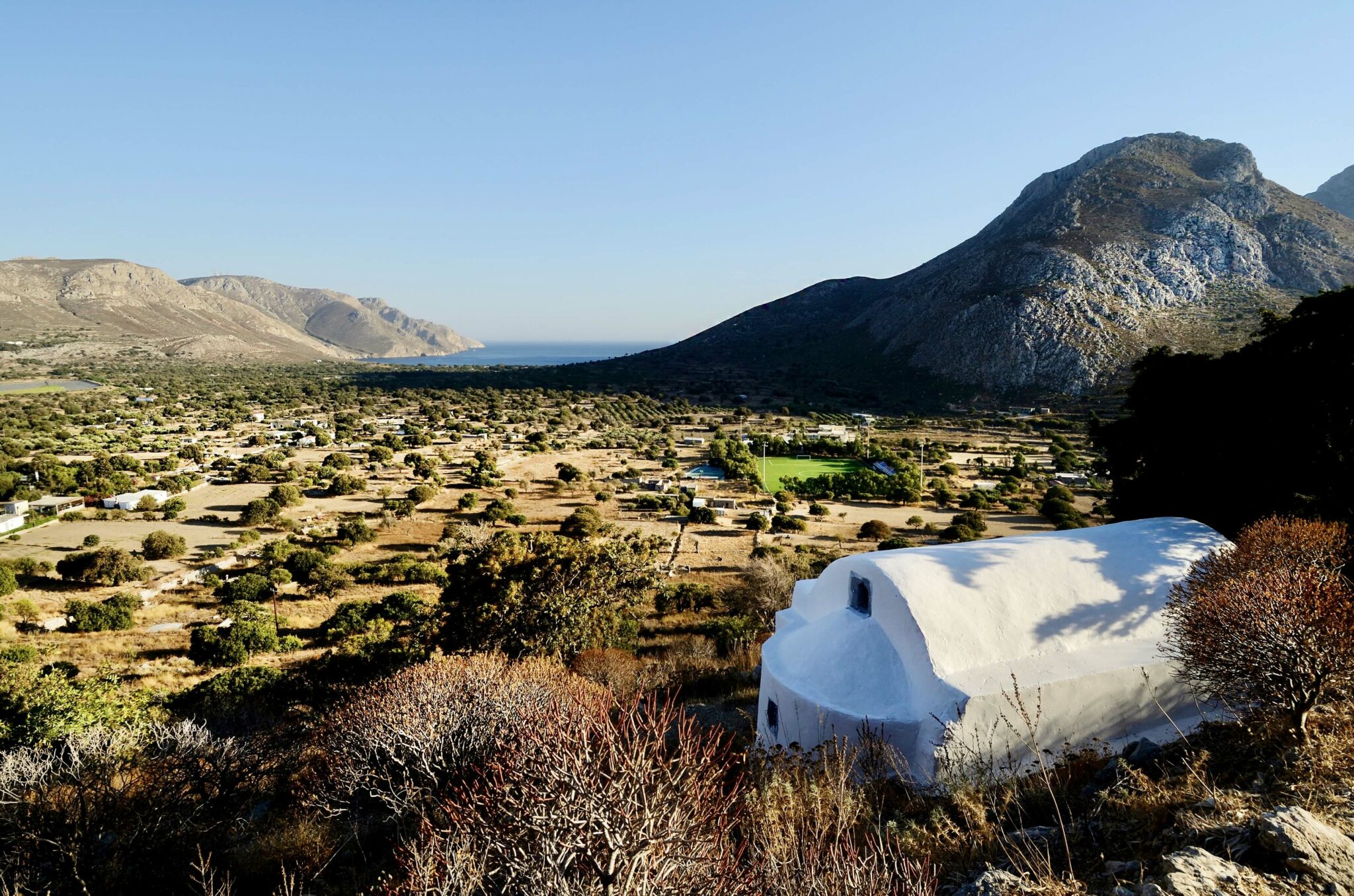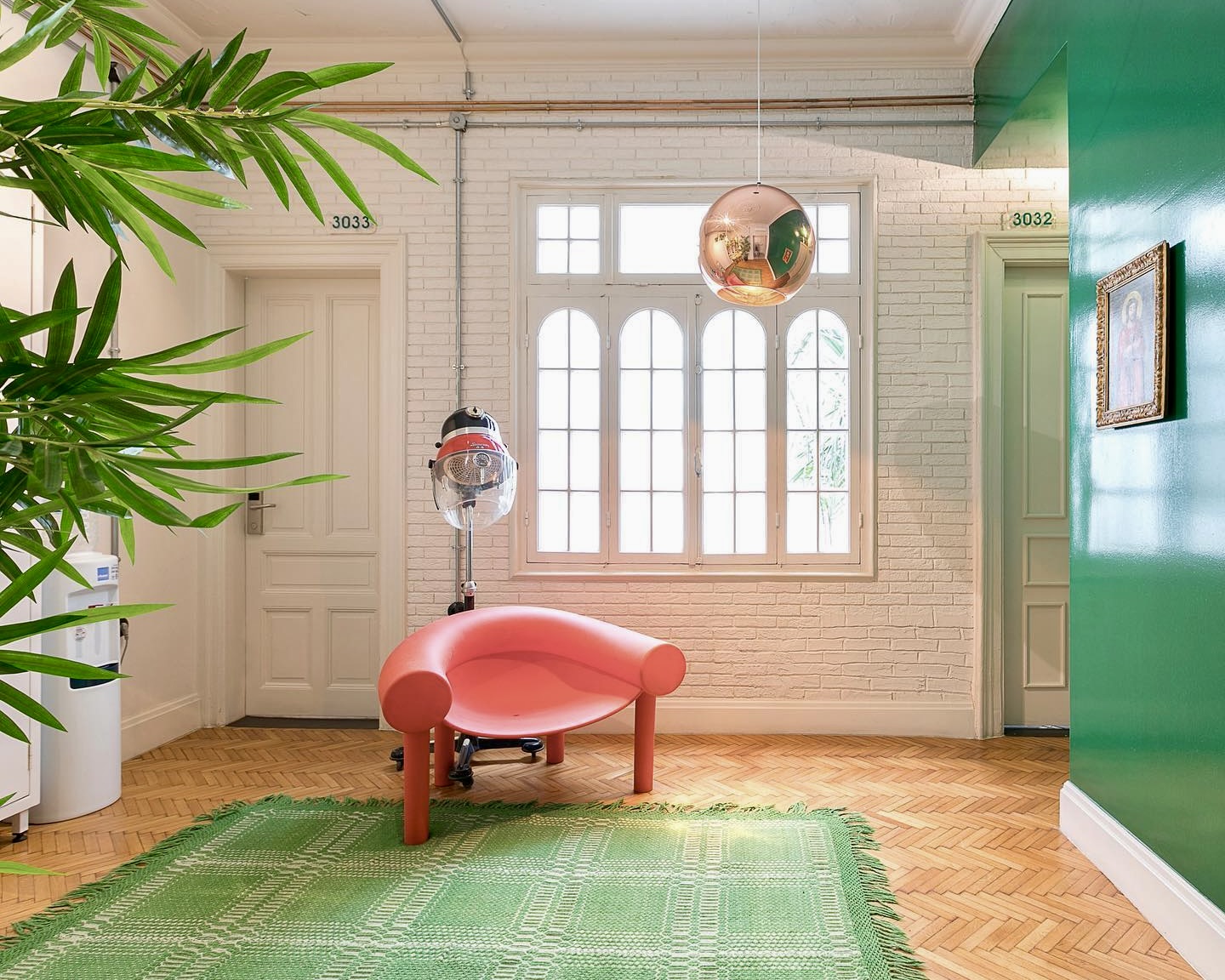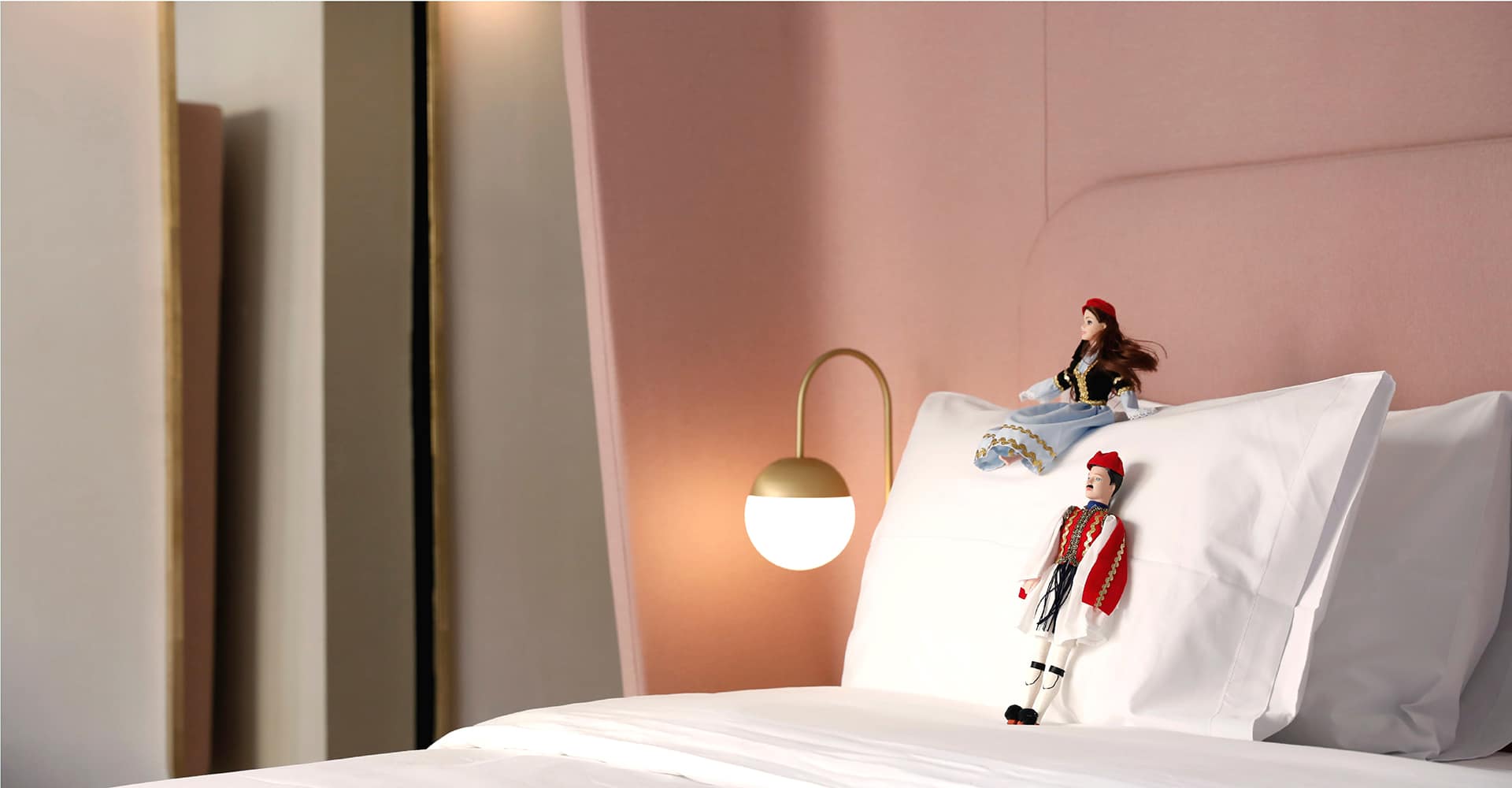I see you a lot more often nowadays. You’re standing in front of me in line to get your coffee to go, holding your own cup asking the barista to use it to make your coffee. And while you leave taking your first sip using your bamboo straw, I’m happy for you, and also a little ashamed of my plastic cup, with the huge plastic lid and the plastic straw that is destined to continue its eternal life in the stomach of a formidable sea animal.
I’m sure you know you’re not alone. You belong, thankfully for the planet, to the ever-growing number of people who consciously make as sustainable choices as possible in their daily life. And who, for their next trip when choosing a hotel, will take into account the sustainable, eco-friendly philosophy that the hotel has chosen.
Because, as data shows, green or eco hotels appear to be the undeniable future of the hospitality sector. Not just because travellers seek them, but also because the circumstances call for it, since according to data from the World Tourism Organization, 22% of the transport-related CO2 emissions are caused by tourism. Because the people working in the hospitality sector are starting to feel that they can operate without ignoring the environment. Because holidays and travelling does not mean stopping and distancing yourself from a way of life that shows practical care for the planet and for ensuring a sustainable future.
So, thinking beyond my coffee’s straw, I wonder: What does an eco-friendly hotel mean exactly? What are the features that travellers who care about the environment value and look for when searching for their accommodation? What waits for them when they arrive, how do they experience staying at a green hotel? What should I be looking out for when I choose my next hotel? Let’s take a look.
The principles and mentality
In short, a hotel that wants to be called friendly towards the environment needs to adopt in its philosophy some basic environmental principles that move around the following three axes: the planet, the people, and the economy.
The aim is to respect the natural surroundings and decrease not only its own carbon footprint but also that of its guests; to support the local community in practice and be interested in equality, justice, and inclusivity regarding its employees; and to be financially stable, something that will in turn help it constantly improve its sustainable practices.
These three basic principles translate into many more practical choices:
In practice
1. Saving energy
Saving energy is one of the most basic practical goals an eco-friendly hotel can have, not just because this means fewer greenhouse emissions, but also because it reduces its operating costs. So, at an eco-friendly hotel, which, ideally, will have been bio-climatically designed, one will find LED bulbs, energy-efficient electrical appliances, while even solar power could be used, as is the case, for example at The Scarlet Hotel in Cornwall which uses solar panels and biomass boilers for energy and heating.
2. The value of water
Apart from energy, saving water is also a very important priority for an eco-friendly hotel, especially if it is located at a place with water scarcity. Caring for water shows interest not just for the environment but also for the community the hotel is part of. The most effective ways range from using low-flow fixtures in the bathrooms to installing water filtering and recycling systems.
3. Natural choices
Have you ever thought of this? Offering toiletries in refillable dispensers at a hotel means less waste. Even better if the products on offer are natural and biodegradable so that they cause no harm to the aquifer. In fact, this means that the water can be more easily filtered and be reused, for example for watering plants. The hotel’s linens will be chosen with the same notion of the-closer-to-nature-the-better in mind; sheets, towels, fabrics all made using ethical practices and from natural ingredients are an ideal sustainable option that guests are seeking nowadays as more luxurious (but also friendlier to the skin).
4. Contact with the local community
Do you remember those hotels that seem like small foreign states with their own cuisine, traditions and mores, strictly restricted within guarded walls clearly bordered? Well, this structure is the exact opposite of the green hotel idea. It is important for a hotel not to operate apart from the world around it and to support the people and the community it forms part of. For example, the decoration artifacts, the linens, the kitchen ingredients can all be sourced from local producers. This way not only is the community supported but the cost and the energy consumption of transportation is reduced.
5. Aiming at being carbon neutral
This is a very difficult goal, not only for hotels but for the way humans interact on the planet. However, since it is of vital importance, some hotels make an effort to contribute as much as they can. For example, Hotel Doolin in Ireland has reduced its carbon footprint from 465 tonnes in 2017 to 110 in 2019 and has tried to balance its emissions by participating in a reforestation programme.
6. How can we measure the benefit?
Hospitality businesses that have realised their role in the development of an eco-friendly culture are working with specialized organizations who, wherever possible, measure relevant indexes, set standards and rules, and provide the certifications that the hotels proudly display for their visitors. It’s very often nowadays for green hotels to have a member of staff responsible for planning and implementing sustainable practices.
So, it’s important to note that both the sector’s professionals and the travellers, have taken a turn towards eco-friendly practices. And, since the future of hospitality appears to be sustainability, we can’t help but hope that soon we will be able to see a positive impact on the environment that can be measured.



